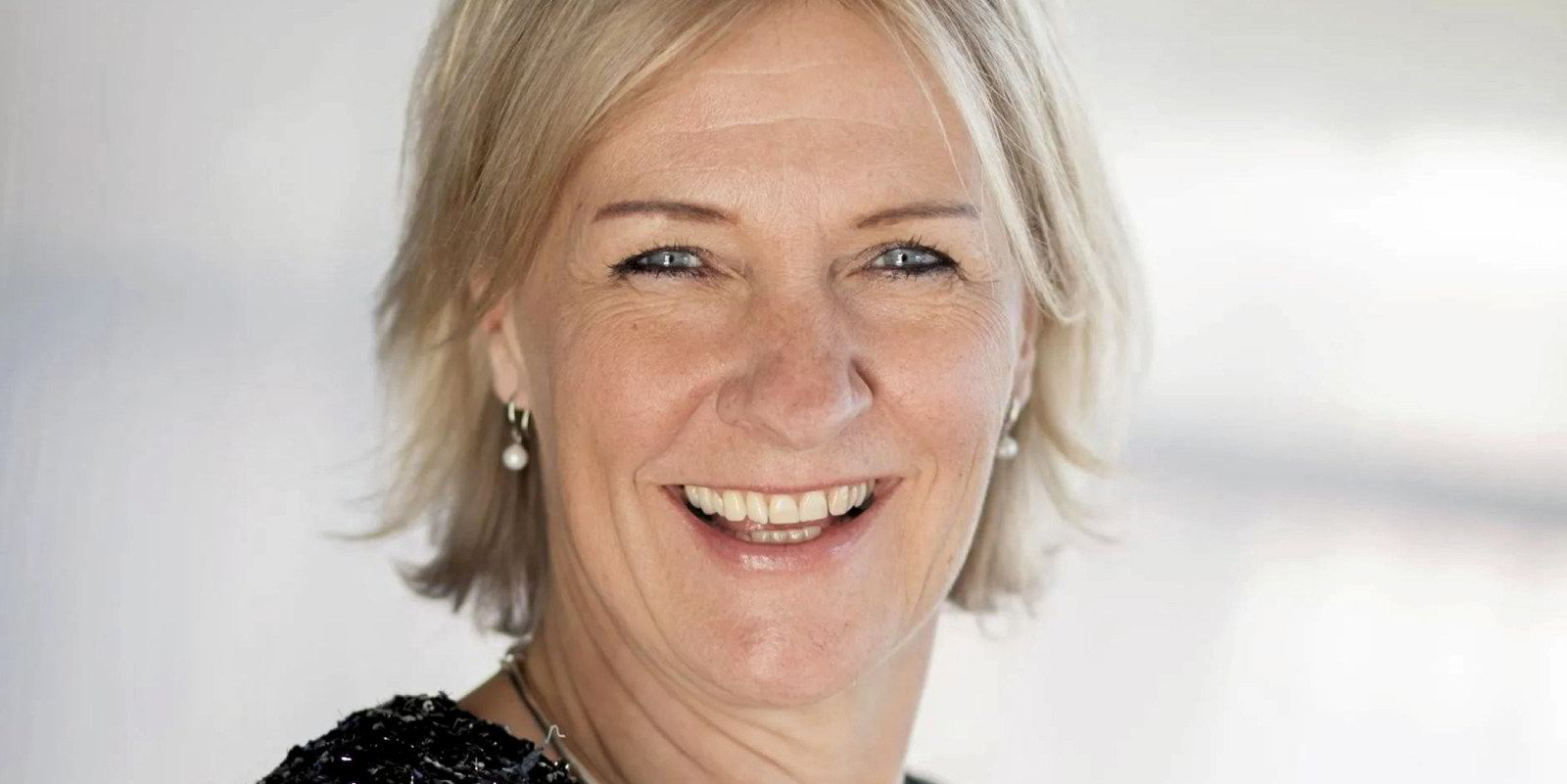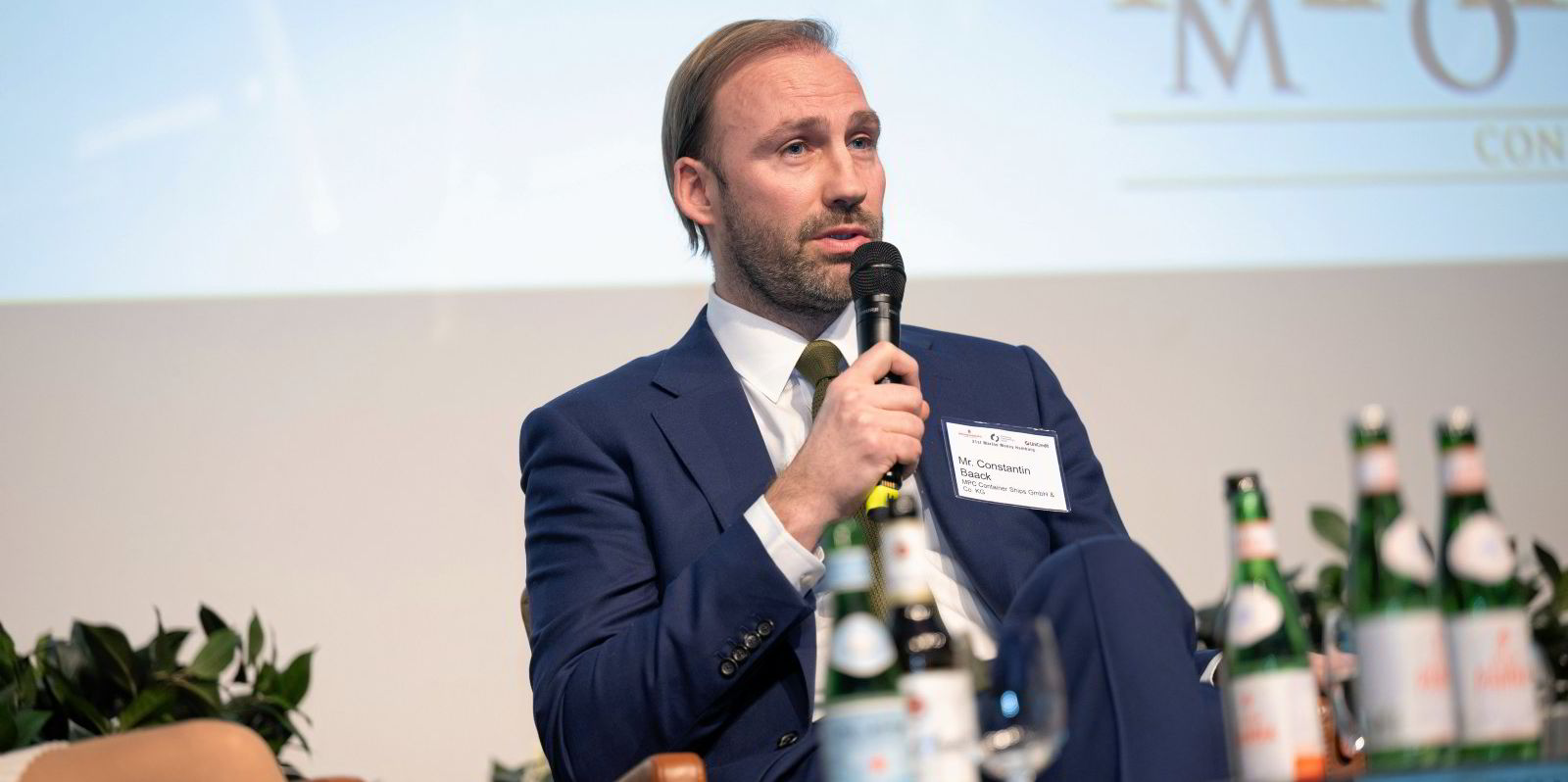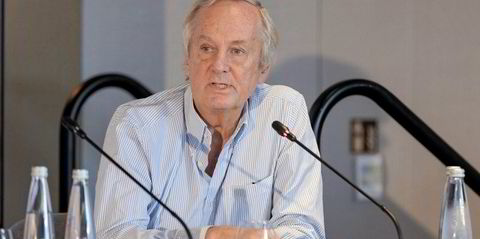Norway’s DNV posted record figures in 2023, as it continued to grow organically and through acquisitions.
Operating revenue was NOK 31.6bn ($3bn) compared with NOK 25bn in 2022.
“The geopolitical landscape witnessed a complex set of tensions and conflicts during the year, with the Israeli-Palestinian conflict escalating into a devastating war in Gaza, which is threatening stability in the entire Middle East,“ chief executive Remi Eriksen said in the annual report.
“This war captured global attention and partly diverted international focus away from Russia’s war on Ukraine and civil wars in several other countries. So, on a humanitarian level, 2023 was brutal.
“While instability and uncertainty continued to weigh on global markets and geopolitical conditions in 2023, resilience and growth were key features of DNV and our people.”
The maritime business area increased by 29% to NOK 11bn in revenue. The energy systems business also had revenue of NOK 11bn.
The group’s operating profit ended at NOK 4.3bn compared with NOK 3.2bn in 2022.
The class society made acquisitions in cyber security, energy and aquaculture last year.
“We can now offer our customers a 500-strong expert team in Europe that will help demanding IT and industrial control-system environments build cyber resilience across multiple industries,” Eriksen said.
DNV added more than 2,000 new employees. It now has about 15,000 employees in more than 100 countries.
They will share a total bonus of NOK 1.4bn. In 2022, the bonus was NOK 1.1bn.
Eriksen received total compensation of NOK 10.7m, or about $1m, a slight increase from 2022.
DNV’s near-term goal is to reduce halve emissions per employee by 2025, from its 2019 baseline.
It has reduced its carbon footprint by 41% so far.
“We maintain our commitment to uphold the 10 principles of the UN Global Compact and the UN Sustainable Development Goals, and are making good progress towards our sustainability goals, including beyond our energy pledges,” Eriksen said.






